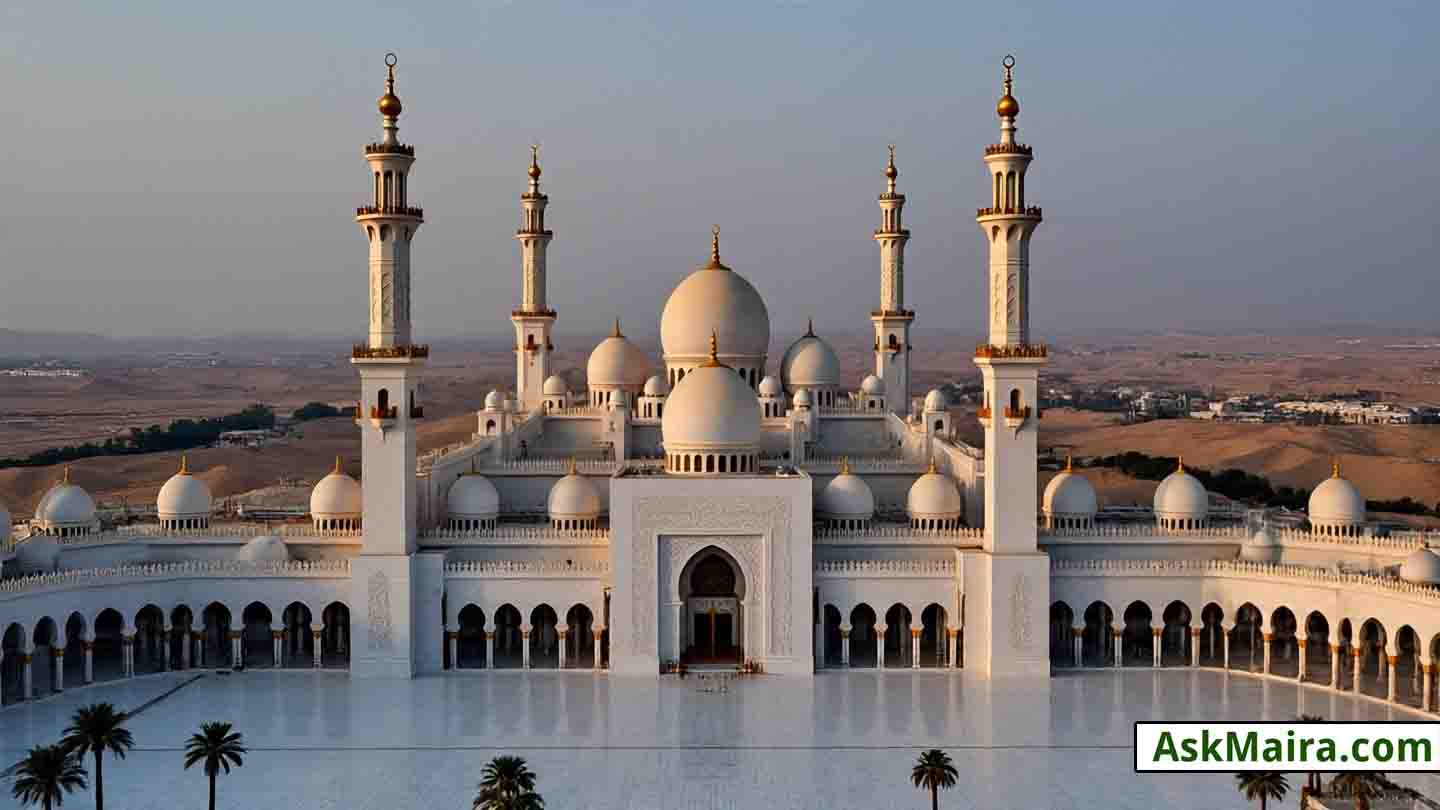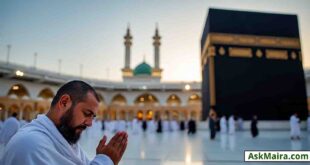The life of the Prophet Muhammad (peace be upon him) is one of the most inspiring stories in human history. He was sent by Allah as the final messenger to guide mankind towards truth, justice, peace, and worship of one God. His character, teachings, and sacrifices continue to inspire more than 1.9 billion Muslims around the world. In this article, we will discuss the different stages of his life, his mission, his message, and the lessons we can learn from him.

Introduction
Prophet Muhammad (PBUH) is not only important to Muslims but also considered one of the most influential personalities in the world. He was born in Makkah in 570 CE, in a society full of injustice, ignorance, and idol-worship. Through his honesty, wisdom, and truthfulness, he earned the title “Al-Amin” (The Trustworthy) even before prophethood. At the age of 40, he received the first revelation from Allah through Angel Jibreel (Gabriel). This marked the beginning of Islam as a complete way of life.
Early Life of Prophet Muhammad (PBUH)
- Prophet Muhammad (PBUH) was born in Makkah, in the tribe of Quraysh.
- His father, Abdullah, passed away before his birth, and his mother, Aminah, died when he was only six years old.
- He was taken care of by his grandfather, Abdul Muttalib, and later by his uncle, Abu Talib.
- As a young boy, he worked as a shepherd and later became a successful trader.
Even before prophethood, people admired him for his honesty, kindness, and fairness. He never worshipped idols and always believed in one God.
Marriage to Khadijah (RA)
At the age of 25, Muhammad (PBUH) married Khadijah (RA), a noble and wealthy businesswoman. She was impressed by his honesty in trade. Their marriage was filled with love, respect, and mutual support. Khadijah (RA) stood by him during the most difficult years of his mission. Together, they had children, including Fatimah (RA) who later became the mother of the Prophet’s grandsons, Hasan (RA) and Hussain (RA).
The First Revelation
At the age of 40, while meditating in the cave of Hira, Prophet Muhammad (PBUH) received the first revelation from Allah through Angel Jibreel. The first revealed words were:
“Read in the name of your Lord who created.” (Quran 96:1)
This was the start of his mission as the Messenger of Allah. He was chosen to deliver the message of Islam: worship only Allah, live righteously, and prepare for the Hereafter.
The Struggles in Makkah
For 13 years in Makkah, the Prophet (PBUH) invited people to Islam. He faced:
-
Persecution from Quraysh leaders.
-
Social boycott where Muslims were starved and isolated.
-
Mockery and insults from the people.
-
The loss of his beloved wife Khadijah (RA) and his uncle Abu Talib (known as the Year of Sorrow).
Despite all difficulties, he never gave up and continued spreading the message of Islam with patience and wisdom.
The Migration to Madinah (Hijrah)
In 622 CE, due to severe persecution, Allah commanded the Prophet (PBUH) and his followers to migrate to Madinah. This migration, known as Hijrah, marks the beginning of the Islamic calendar.
In Madinah, Prophet Muhammad (PBUH):
-
Built the first mosque, Masjid al-Nabawi.
-
Established the Constitution of Madinah, which granted rights to Muslims, Jews, and other communities.
-
Created a strong bond of brotherhood between the immigrants (Muhajirun) and the helpers (Ansar).
The Battles of Islam
To defend the Muslim community, the Prophet (PBUH) had to face several battles:
-
Battle of Badr (624 CE) – The first battle where Muslims, though few in number, gained victory with Allah’s help.
-
Battle of Uhud (625 CE) – Muslims faced difficulties due to disobedience, but important lessons were learned.
-
Battle of the Trench (627 CE) – Muslims defended Madinah by digging a trench around the city.
These battles were not for power or wealth, but for defending faith and freedom of religion.
The Treaty of Hudaybiyyah
In 628 CE, Prophet Muhammad (PBUH) made a peace agreement with Quraysh known as the Treaty of Hudaybiyyah. Although it seemed unfavorable at first, it opened the doors for Islam to spread peacefully across Arabia.
The Conquest of Makkah
In 630 CE, Prophet Muhammad (PBUH) and his companions peacefully entered Makkah. Instead of taking revenge on his enemies, he forgave them, saying:
“No blame will there be upon you today. Go, for you are free.”
He destroyed the idols inside the Kaaba and dedicated it to the worship of Allah alone.
The Final Sermon
In 632 CE, during his last pilgrimage (Hajj), the Prophet (PBUH) delivered his famous Farewell Sermon. In it, he emphasized:
-
Belief in one God.
-
Equality of all humans regardless of race or status.
-
Rights and respect for women.
-
Justice, honesty, and avoiding oppression.
His message was clear: Islam is a complete way of life based on justice, compassion, and submission to Allah.
Passing of the Prophet (PBUH)
Shortly after his Farewell Pilgrimage, Prophet Muhammad (PBUH) fell ill and passed away in Madinah at the age of 63. He was buried in the chamber of his wife Aisha (RA), which is part of Masjid al-Nabawi today. His passing was the greatest loss for Muslims, but his teachings continue to guide the world.
Lessons from the Life of Prophet Muhammad (PBUH)
-
Patience in hardship – He faced extreme difficulties but never lost hope.
-
Forgiveness – He forgave even his worst enemies.
-
Justice and fairness – He treated everyone equally.
-
Kindness and mercy – He showed compassion to the poor, orphans, and even animals.
-
Trust in Allah – He always relied on Allah in every situation.
Importance of Studying His Life
Studying the life of Prophet Muhammad (PBUH) is essential for Muslims and beneficial for all humanity. His teachings promote:
-
Peace and justice.
-
Good manners and strong character.
-
A balanced way of life between spirituality and worldly needs.
-
Brotherhood and equality among all people.
The life of Prophet Muhammad (PBUH) is a shining example for mankind. From his early struggles to his final message, every part of his life carries lessons of faith, patience, kindness, and justice. His mission was to spread the worship of Allah and establish a society based on peace, equality, and truth. Following his teachings brings success in this world and the Hereafter.
FAQs
Q1: When was Prophet Muhammad (PBUH) born?
He was born in Makkah in the year 570 CE, known as the “Year of the Elephant.”
Q2: What was the name of his first wife?
His first wife was Khadijah (RA), a respected businesswoman of Makkah.
Q3: When did he receive the first revelation?
At the age of 40, in the Cave of Hira, through Angel Jibreel.
Q4: What is the significance of Hijrah?
Hijrah (migration to Madinah) marks the beginning of the Islamic calendar and the establishment of the first Islamic state.
Q5: When did Prophet Muhammad (PBUH) pass away?
He passed away in 632 CE in Madinah at the age of 63.
Q6: What was his last sermon about?
His Farewell Sermon emphasized equality, justice, women’s rights, and belief in one God.
 Related Islamic Articles You May Like
Related Islamic Articles You May Like
- Islamic Teachings About Patience (Sabr) and Gratitude (Shukr)
- Understanding Zakat in Islam: Rules, Calculation, and Benefits
- Umrah Guide – How to Perform Umrah Step by Step
- 10 Health Benefits and Importance of Fasting in Ramadan
- Halal vs. Haram: what foods are prohibited in Islam?
- Concept Of Tawhid In Islam According To Quran And Hadith










